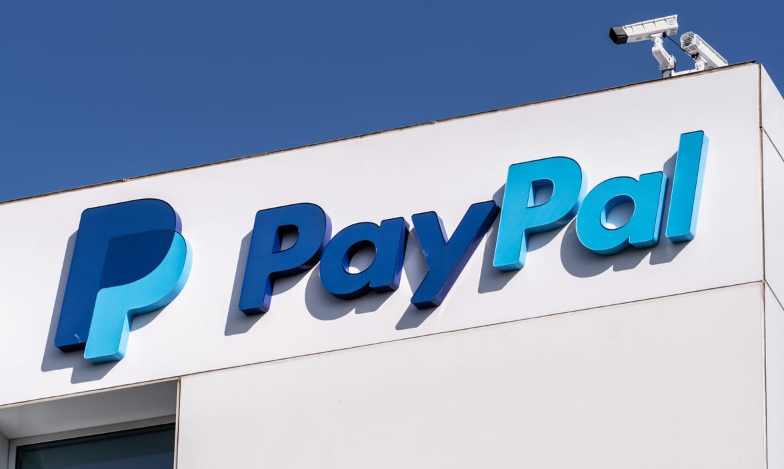Fintech giant, PayPal, announced a plan to cut 2,000 jobs globally in the latest big tech layoffs. According to the company, the decision would affect 7% of its workforce worldwide.
PayPal is a well-established financial company launched in 1999 by entrepreneurs including Elon Musk. PayPal is a global darling, growing rapidly as people increasingly use online payments and smart wallets to handle their money. According to Juniper Research, more than five billion people – 60% of the world’s population – will be using digital wallets by 2026 as “super applications” like PayPal boost growth. Despite lofty market expectations, companies like PayPal are forced to respond to the present economic climate, hurting consumers and businesses alike. The underlying economic factors, especially high-interest rates, make loaning fintech vulnerable to reduced demand.
Must Read: IBM to Lay off 3,900 Workforce Globally

PayPal CEO Dan Shulman said in a statement: “Over the past year, we made significant progress in strengthening and reshaping our company to address the challenging macroeconomic environment while continuing to invest to meet our customers’ needs. While we have made substantial progress in right-sizing our cost structure and focused our resources on our core strategic priorities, we have more work to do. We must continue to change as our world, customers, and the competitive landscape evolves.”
Must Read: Roku to Lay Off 200 US Employees
He stated the changes would be made in “the next weeks” but did not identify where they would be made, only that “some groups [would be] impacted more than others”. The fintech sector has attracted huge investments over the past few years and is currently cutting back. There has also been a slowdown in the growth spurred by the Covid-19 pandemic when many more people began using fintech during lockdowns.
The company, which provides payments infrastructure to software-as-a-service providers, said it experienced “incredible levels of growth” during the pandemic when people and businesses began working remotely and digitally. But it said this boost to business has been replaced by new challenges, which have the opposite effect.
While noting that the change was a difficult one to make, Schulman said all the company’s staff would face the difficulty together by drawing on the unparalleled scale of its global platform, the strategic investments it has made to strengthen its core capabilities, and the trust and loyalty of its customers.



